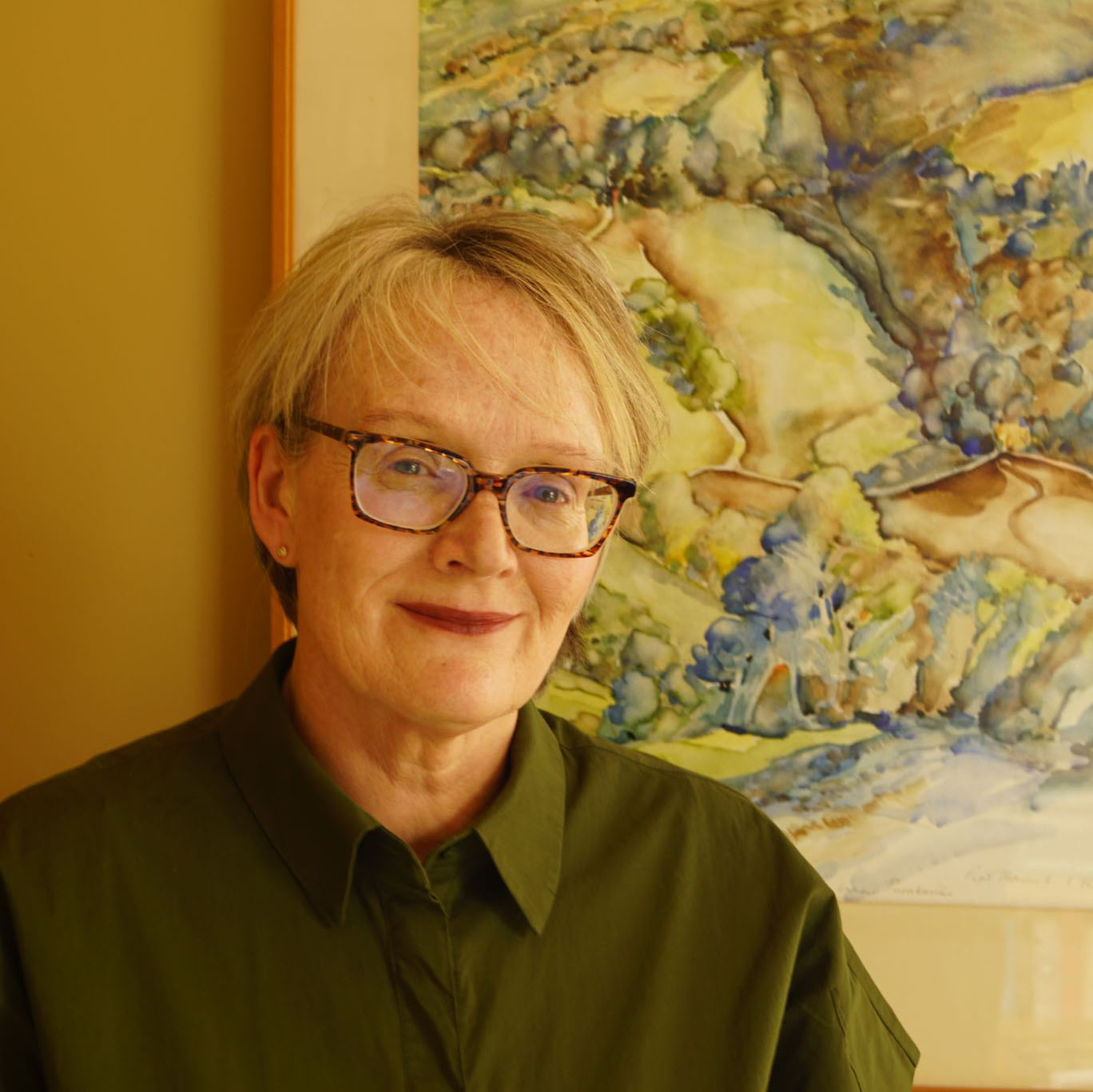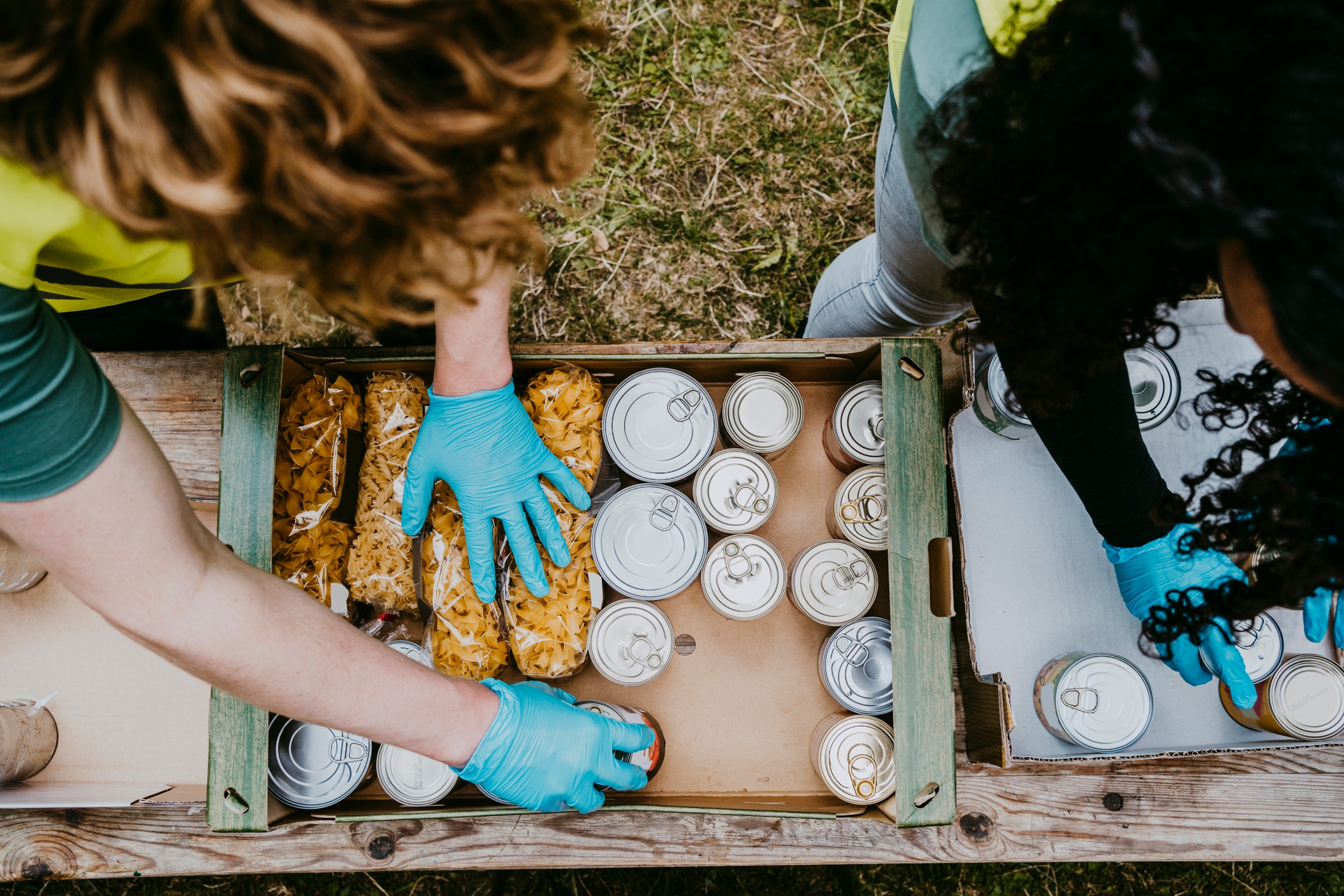Feature article
Community impact: some inspiring approaches to charity and community work
Examples of executions to help you kick off or enhance your own engagement.

When you have to pull back financially
Small time increments can have big impact
Setting up agents and charities for success within a company
A grant system approach from Ray White Whangārei
Author
Other articles you might like



